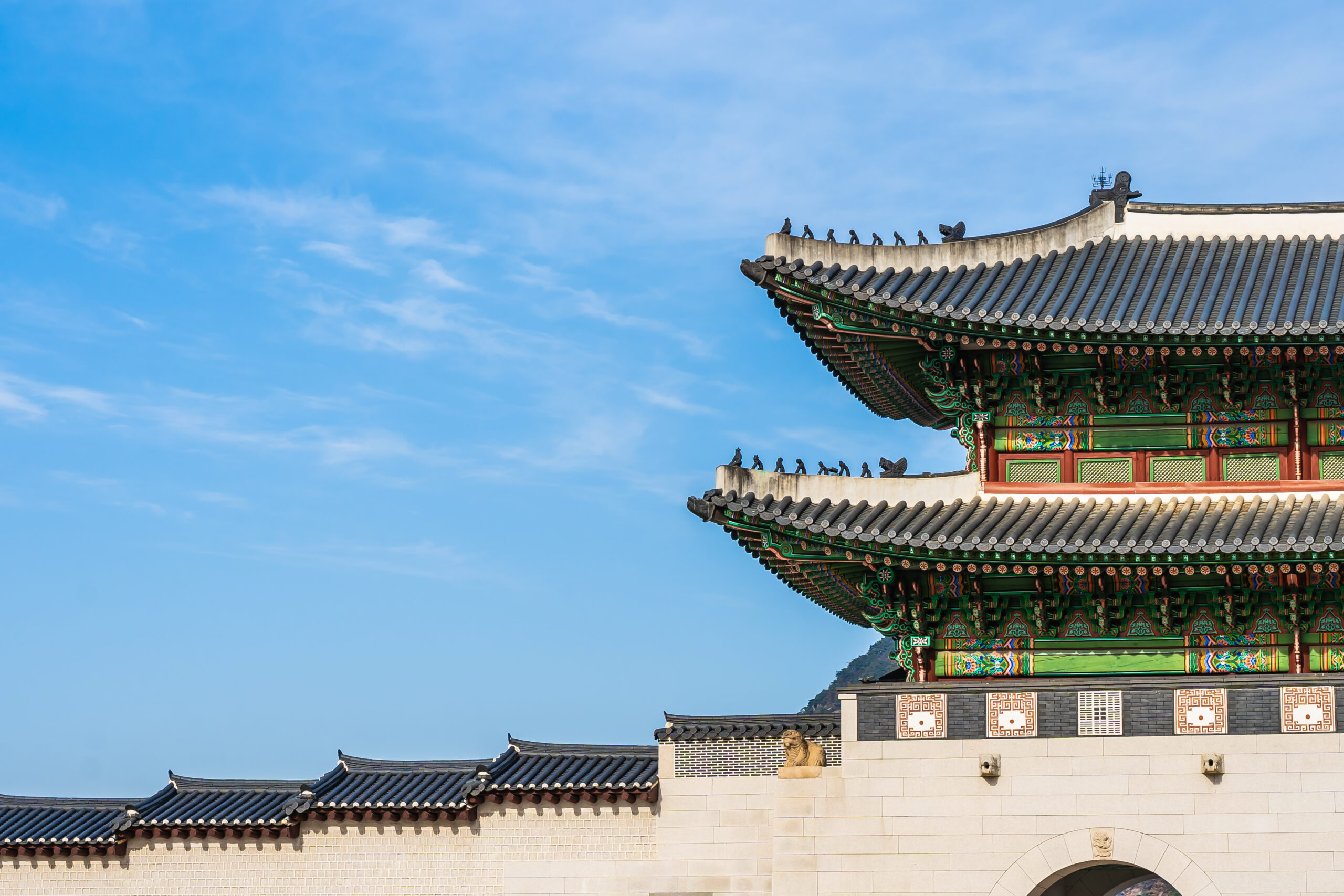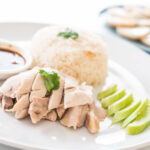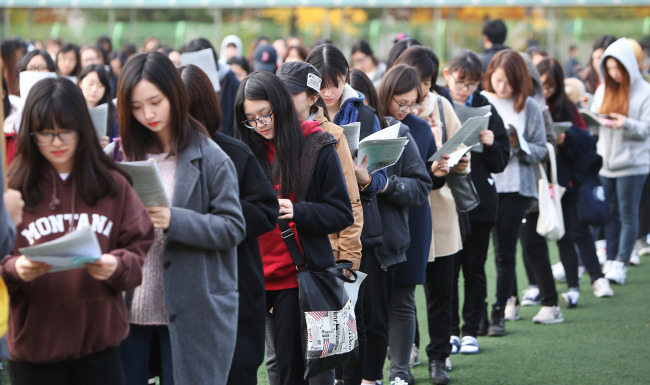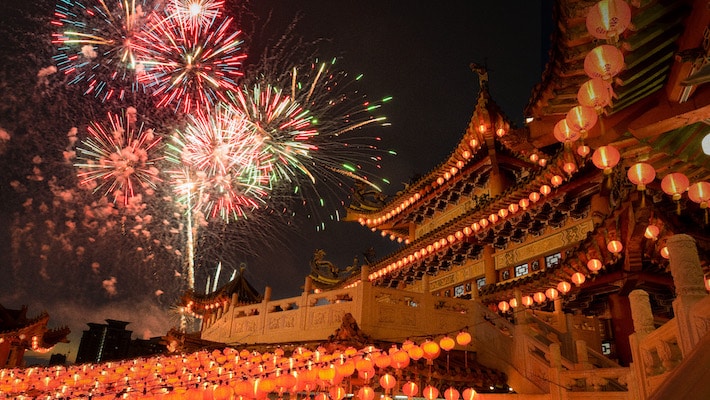Dreams have long fascinated people around the world, but in Korea, dreams are not just dreams! Korean dream interpretation (known as ggom-hae몽해) has deep cultural roots.
From ancient folk beliefs to modern-day superstition, Koreans often look to dreams not just as random brain activity, but as omens, messages, or spiritual signals.
So what does it mean when you dream about pigs, tigers, or weddings in Korea? Let’s explore some of the most common Korean dream symbols and what they mean.
How Are Dreams Viewed in Korean Culture?
In Korea, dreams are often seen as harbingers of luck or warnings. It’s common for people to share their dreams with family or even dream interpreters to see if they predict wealth, health, or change.
Some dreams are believed to be “taemong” (태몽)—conception dreams that predict pregnancy or reveal characteristics of an unborn child. These dreams are often dreamt by the mother, father, or a close relative before a baby is conceived or born.
Common Korean Dream Symbols and Their Meanings
1. Pigs (돼지)
In Korean culture, dreaming of pigs is considered incredibly lucky, especially when they’re big or fat. It symbolises wealth, prosperity, and unexpected financial gain.
Fun fact: People have even tried to buy other people’s pig dreams in the past!
2. Tigers (호랑이)
The tiger is a sacred and powerful animal in Korean mythology. Dreaming of a tiger often represents protection, strength, and sometimes a spiritual awakening. It could also signify an important figure entering your life.
3. Snakes (뱀)
While scary to some (we certainly don’t love snakes here at Decode Your Dream!), dreaming of snakes in Korea is associated with financial gain or receiving valuable information. However, being bitten might suggest betrayal.
4. Birth and Babies
These dreams are usually seen as taemong. If you dream of dragons, tigers, or fruit, it could be symbolic of a powerful or intelligent child on the way.
5. Fire (불)
Fire is a double-edged dream, and it can symbolise destruction or transformation. In many Korean interpretations, fire dreams are believed to bring fortune if it’s a large, roaring fire.
6. Teeth Falling Out
This dream often has a more somber tone in Korean culture. It could indicate an impending loss, either emotional or physical. Some also associate it with aging or concern about family members.
Do Koreans Still Believe in Dream Interpretation Today?
Yes, especially among older generations. However, many younger Koreans are also extremely curious about dream meanings! There are Korean apps, books, and even websites dedicated to helping people interpret their dreams.
While not everyone takes them seriously, dream meanings are still a common part of conversation and culture.
Can Dreams Predict the Future in Korean Beliefs?
In Korean culture, dreams aren’t just random nighttime stories: they’re often seen as signs or messages that could shape real-life decisions. Some people might wake up from a dream feeling so strongly about it, they’ll go buy a lottery ticket, rethink a big choice, or even seek out a shaman to help decode what it means.
One type of dream that really stands out in Korean tradition is the taemong, which is believed to predict a pregnancy or the future of an unborn child. These dreams are usually remembered in great detail and sometimes even passed down in families because they’re considered that meaningful.
For many, dreams are a serious part of daily life and decision-making.






3 Comments